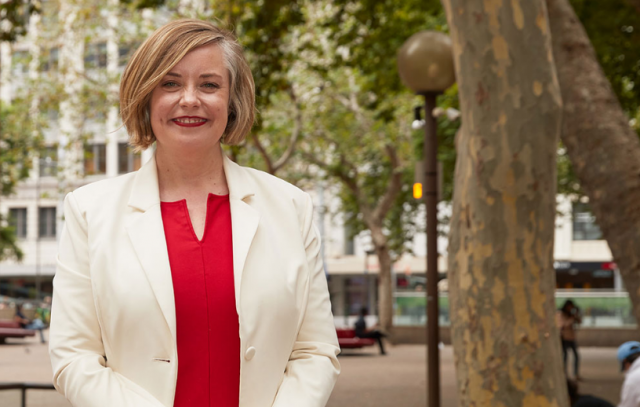More than 1,000 delegates from around Australia headed for Canberra for the 28th National General Assembly of Local Government (NGA).
The event – the second since Covid lockdown of 2020 – was held from 20-22 June.
Convened by the Australian Local Government Association (ALGA) the NGA is the largest national gathering of democratically elected representatives in the nation.
This year’s NGA featured a number of Federal politicians who attended and spoke at the main event or associated events, including Minister King, Minister McBain, Minister Watt, Minister Burney, Minister Rowland, Leader of the National Party David Littleproud, and Zali Steggall OAM who all moved to reaffirm the importance of local government.
The event welcomed and congratulated the new labor Government particularly the new particularly the two ministers responsible for local government Catherine King and former Bega Valley Shire Mayor Kristy McBain.
The Assembly welcomed the announcement from King that she would work with Minister McBain to re-establish the Australian Council of Local Governments and was encouraged by the Government’s willingness to engage and partner with local councils.
The theme of this year’s Assembly ‘Partners in Progress’ saw councillors commit to partnering with the Australian Government to progress critical reforms, including national productivity, climate change transition, Closing the Gap, housing affordability including increased social housing, appropriate road safety reforms, restoring integrity of federal funding to local government, and improved local delivery of community services.
The Assembly committed to progressing the next step of Closing the Gap and passed a motion supporting the Uluru Statement from the Heart.
The Assembly also heard from leading economists that local government is the most productive level of government yet collects just four percent of national taxation revenue.
Delegates and speakers recognised the protracted challenges of the COVID pandemic, unprecedented droughts, bushfires, and recent floods, and commended the work of local councils, local communities and government agencies on their work on emergency response and recovery.
A number of flood-affected leaders also met personally with the Prime Minister, and highlighted ways to better work together to prevent and prepare for natural disasters.
Other critical issues addressed at the Assembly included migration between cities and regions, housing affordability and the role councils can play in social housing in particular, critical workforce challenges and road safety.

















